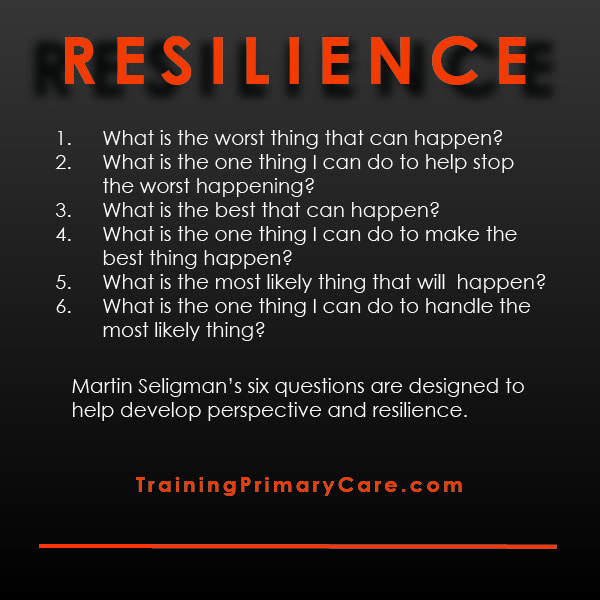News and Comment from Roy Lilley.
I’m not going to do it. I’ve decided. I’m not going to join the queue of people, lining up to tell you how much I admire the NHS, how well it’s doing. What heroic things are happening.
It’s not that I don’t think it’s true. It’s not that I am in anything but jaw-dropping admiration. If there was a vacancy for the job of chief cheerleader for the NHS, I’d apply.
It’s just that I don’t know what to say to people who are working twelve hour shifts, back-to-back, making life and death decisions in a corridor! Or, to say to managers who have abandoned their desks and working as cleaners. Porters living life at the double.
Bed managers tearing their hair out… what can you say? Comms departments with melting phones. Path-labs and imaging departments blurring the boundaries between day and night.
‘Thank you’ doesn’t do it. Like a corporation’s plastic apology, saying ‘thank you’ rings hollow. I am in awe. There are no words.
But, I’m worried…
Late January and February can be peak times for flu and the weather forecast isn’t too encouraging. Any ‘business’ with 40,000 vacancies in ‘customer facing’ roles and rota gaps in high-skill performers would be in trouble. The NHS is in trouble and we ain’t seen nothing yet….
What can we do to be helpful? Have a flu-jab. Then what? Resilience is key. Bearing up. Coping.
Psychologist Martin Seligman gives us six questions;
- What is the worst thing that can happen?
- What is the one thing I can do to help stop the worst happening?
- What is the best that can happen?
- What is the one thing I can do to make the best thing happen?
- What is the most likely thing that will happen?
- What is the one thing I can do to handle the most likely thing?
Where you work will be facing unique challenges, attempting the six questions is designed to help develop perspective and resilience.
I’m not afraid to say; I think the worst is to come. If I’m wrong I’ll be delighted but I don’t see reserves in the system. We can put beds in the boardroom but with no nurses to look after whoever’s in the bed… don’t bother.
If I was to predict the immediate future….
I can see the temporary registration for retired ‘return to nursing’ staff. Get them on the wards as HCAs next week.
I can see employers obliged to grant paid leave-of-absence to staff, to take care of flu-struck families.
I can see hospitals closed to visitors.
I can see hospital nurses working alongside GPs in the community.
I can see Local Resilience Forums, under the Civil Contingencies Act, taking over from Councils.
I can see hotel beds commandeered.
I can see public gatherings banned, restaurants and theatres closed.
…then, when systems can do no more, what’s left? Us and five things…
Working under pressure brings its own dangers. Resilience studies show people who have strong networks do better. Family, friends, colleagues, teams. You are who you hang-out with. Non-judgemental support and listening. A lesson for leaders.
Try to be optimistic. Celebrate success, however small. Mark, salute and recognise getting through a shift. Optimists expect the best. You made it through this far, you can do the rest. A lesson for leaders.
Accept there’s nothing you can do to change this. We are where we are. Think about changing yourself. Use your energy to change the things you can. Small things, local things. Take away irritations and distractions. Make life easier. A lesson for leaders.
Create goals. Have a sense of where you are going. Purpose. Tiny steps, you can achieve and reach with colleagues, together. By achieving something you set out to do, creates an inner motivation. A lesson for leaders.
Try and keep a sense of perspective. Looking through the woods and seeing the trees. Not for nothing, the NHS is the most admired health system in the world and you are part of it. The pressures won’t last for ever. A lesson for leaders.
This week will be a turning point. The realisation that there are probably six more weeks like last week. We will knit together or unravel. We will galvanise or fall apart.
The most important message; we can’t take care of anyone, unless we take care of each other.
A lesson for leaders.
——————————–
Contact Roy – please use this e-address
Know something I don’t – email me in confidence.
Leaving the NHS, changing jobs – you don’t have to say goodbye to us! You can update your Email Address from the link you’ll find right at the bottom of the page, and we’ll keep mailing.
———-
Disclaimer








